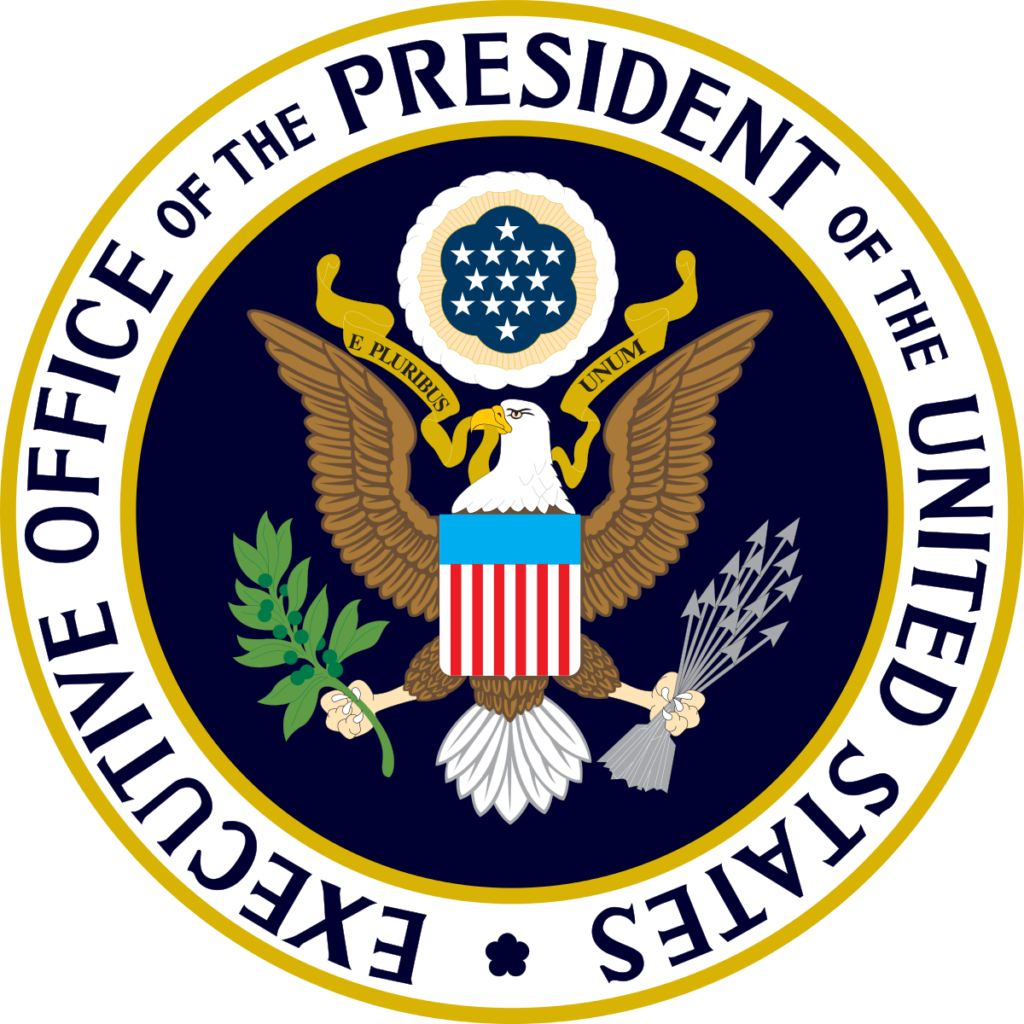On February 1, 2024, President Joseph R. Biden, Jr. promulgated Executive Order 14115 (“E.O. 14115), the effect of which is to impose economic sanctions on individuals ostensibly contributing to gratuitous violence and political unrest in the West Bank. Finding that the “situation in the West Bank” involved unacceptably “high levels of extremist settler violence, forced displacement of people and villages, and property destruction,” the President broadly authorized the Secretary of the Treasury to block all property and interests in property in the United States of any person “responsible for or complicit in, a wide variety of actions that direct, enact, implement, enforce or fail to enforce policies that threaten peace, security and stability in the West Bank. The terms of the Executive Order also apply to individuals responsible for the planning, ordering, directing and participating in acts of violence that target the civilian population or that seek to place civilian noncombatants in “reasonable fear of violence” with the express purpose of forcibly relocating those individuals. Complementing these prohibitions is an expres directive that no individual or group may participate in the destruction of property nor seize or dispossess property lawfully owned by private persons.
Notably, the Executive Order further authorizes the Treasury Secretary to impose full blocking sanctions on any individual determined to be a “leader or official” of a government entity that has engaged in, or whose members have engaged in, any violent activities during the relevant tenure of that leader. The designation authorization also extends to those who have materially assisted, sponsored, or provided financial, material, or technological support for any sanctioned individual. In keeping with prior Executive Orders, E.O. 14115 extends the restrictions incumbent upon specific entities to affiliates of those entities that are “owned or controlled by, or . . . have acted or purported to act . . . directly or indirectly, [on behalf of] any person blocked” pursuant to the new order. Finally, E.O. 14115 delegates authority to the Treasury Secretary to sanction those who have committed or attempted to commit acts of terrorism.

At present, the initial list of individuals sanctioned under the auspices of E.O. 14115 include a handful of individuals of Israeli nationality; most notably, David Chai Chasdai, who, according to U.S. government sources, initiated and participated in a rampage in the northern West Bank village of Huwara last year that resulted in the death of a Palestinian resident. The list also includes Yinon Levi, an individual the U.S. government alleges led groups of settlers from the remote Meitarim Farm outpost in a full assault against Palestinian and Bedouin civilians, which ultimately resulted in displacement of Palestinian residents and the destruction of both real and personal property.

On the same day the Administration issued E.O. 14115, Treasury’s Financial Crime Enforcement Network (“FinCEN”) also issued an advisory to the financial industry that underscores the need for banks and other financial instrumentalities to detect, prevent and report potential instances of suspicious activity arising from the financing of Israeli extremist settlement movement. Among other things, the FinCEN advisory highlights several “red flags” that compliance officials charged with the administration of banking regulations should be on the lookout for. These include, but are not limited to: (1) payments to any organizations or groups, including nonprofit organizations (NPO),that are now or have been previously linked to violent extremist groups in the West Bank or lists an officer, founder, or director that is currently or has been previously linked to Israeli violent extremist groups in the West Bank; (2) ancillary information conspicuously contained in transaction details between customers, such as references in the memo field, that indicate support for Israeli violent extremist groups or campaigns; (3) transactions with no apparent economic, business, or lawful purpose associated with a rapid movement of funds and linked to NPOs active in supporting violent extremist Israeli settlers in the West Bank; and (4) purchases of tactical military gear for resale overseas and destined for non-government Israeli end-users in the West Bank, particularly if the end-users are currently or have been previously linked to Israeli violent extremist groups in the West Bank. When confronted with questionable transactions, the financial institution in question should promptly filed a Suspicious Activity Report (“SAR”) that references “FIN-2024WBEXTREMISM” in SAR field 2.
As political tensions continue to rise in relation to the Hamas-Israel conflict, it is incumbent upon organizations to carefully screen any and all transactions made with counterparties in the Middle East for any terrorist or extremist ties. Sanctions compliance programs should be calibrated to focus on the elevated risk arising from that region, particularly in organizations with substantial commercial ties and/or dealings with Israel and adjacent jurisdictions. Continuous screening and proper due diligence are the primary tools that organizations can employ to mitigate the risk of a sanctions violation.
Recent Comments